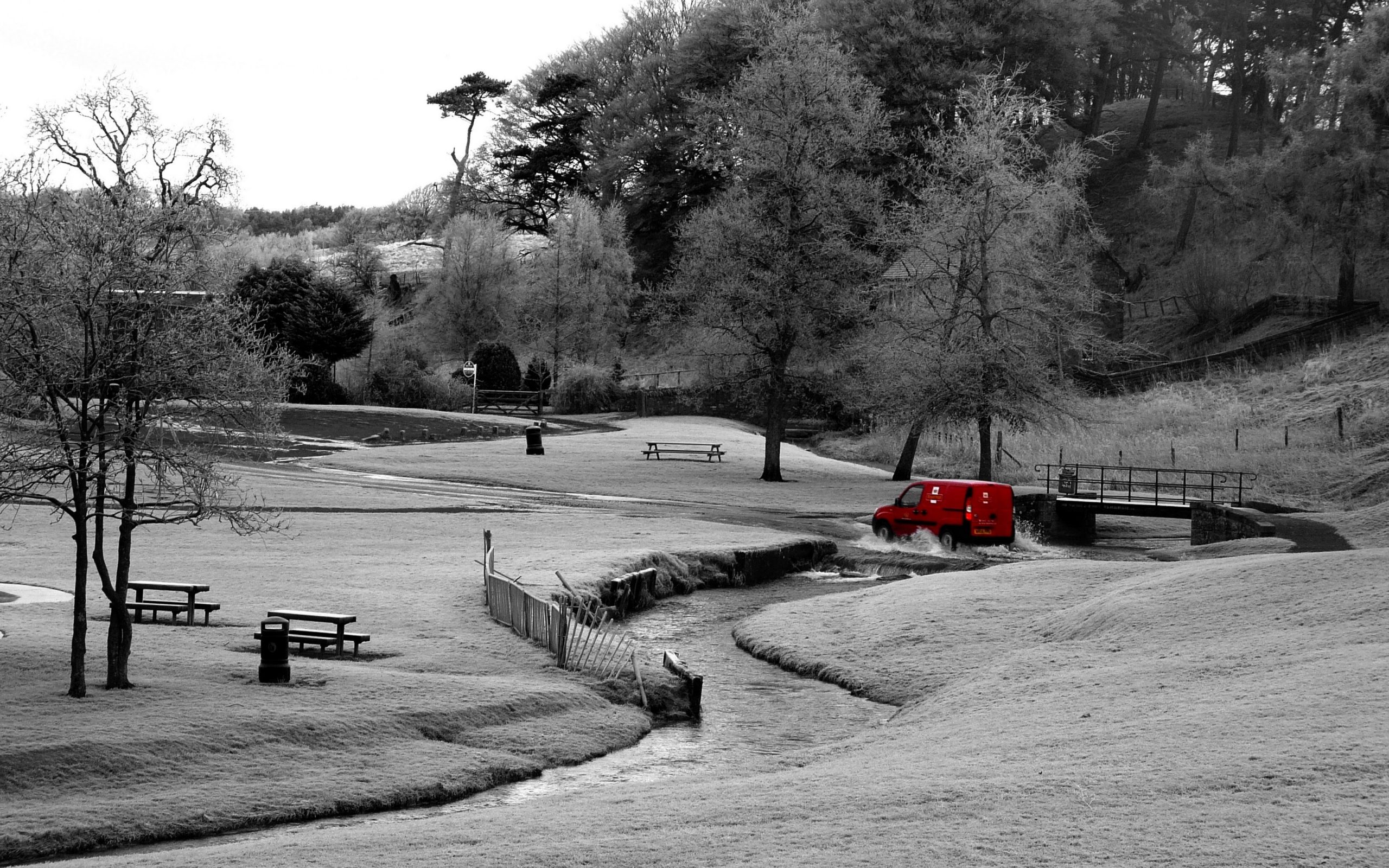
Poor postal services due to the pandemic are helping road traffic defendants
The pandemic has put a big strain on UK postal services. With staff members becoming ill and having to self-isolate this has led to reduced services across Royal Mail and other courier companies.
This has resulted in instances where post has been delivered days or even weeks after the date it was supposed to arrive.
How late arriving mail can help your road traffic defence?
The Interpretation Act governs this area of law. It states that properly addressed and prepaid letters are deemed to have been served at the time that the letter would have been delivered in the ordinary course of post. This has been interpreted as the second working day after the date it was posted. If evidence can be given to challenge the date of a letter’s actual delivery, it can result in certain types of road traffic prosecutions being contested.
We have had numerous decisions over the last year which have resulted in our clients avoiding prosecution for road traffic offences. They have been found not guilty because official correspondences have not been delivered to them in reasonable time by mail.
The law in relation to the requirement for Notices of Intended Prosecution is contained in Section 1 of the Road Traffic Offenders Act 1988 but it is complicated. If you believe you have not been given enough time to respond to your notice, or the chance to contest the notice has passed completely you should seek representation from a solicitor with experience of this issue immediately.
Read More
What is the legal eyesight standard for driving? Section 96 of the road traffic act 1988 explained
On the 12th of April 2020 Dominic Cummings drove to Barnard Castle to test his eyesight. This is not the recommended way to test your vision. If you need a legal eyesight test for driving we would advise you steer clear from driving until you’ve had a professional checkup.
One year on from this news story and our expert driving lawyer Gwyn Lewis explains the laws in relation to eyesight when driving and why checking your sight in the way Dominic did might lead to prosecution.
If Dominic shared the reasons he was driving to the castle with a Police Officer (he was testing his sight after a positive Covid-19 test led to a reduction in vision) the on duty officer may have asked him to perform an eyesight test at the side of the road and things may have turned out quite differently for him.
Mr Cummings might have found himself being prosecuted, having his driving licence suspended or even being disqualified from driving.
What is the law in relation to eyesight and driving?
The Law is found in section 96 of the Road Traffic Act 1988. The law states a person must all be able to fulfil minimum qualifications in terms of their eyesight. Those who fail are liable to receive a fine, 3 penalty points and possibly disqualification from driving.
Can the Police request a roadside eye test?
Yes, if a Police Officer suspects a person of not having sufficient eyesight to be able to drive, they can require a driver to carry out a test of their vision. The officer must be in uniform, it must be between 8am and 9pm and must be daylight.
How do the police test a driver’s eyesight?
Many will remember being asked at their driving test to read a vehicle registration plate from a distance. The test required by a police officer is the same and is found in Rule 92 of the Highway Code.
This states a driver must be able to read a number plate on a vehicle from 20 metres away using their normal vision. This is also with the use of any glasses or contact lenses if worn whilst driving.
Can I refuse a driving eyesight test?
Yes, the police can’t make you read the number plate. But there could be serious consequences if you don’t.
What happens if I refuse a driving vision test?
If you refuse you are likely to receive a summons for an offence contrary to section 96(3). The police are also able to contact DVLA and recommend that your driving licence is revoked.
If the police believe you are a danger to the public due to poor eyesight, then this could be fast tracked meaning that your licence could be revoked within hours.
If revoked it will not be returned until you can prove that your eyesight can meet the minimum standard.
Do I need to tell DVLA if I wear glasses?
No, if you are long or short sighted you do not need to inform the DVLA providing that you wear glasses when driving in order to satisfy the standards for vision.
The same applies if you have had corrective surgery.
Do I need to tell DVLA if I am colour blind?
No, you may drive and do not need to notify DVLA.
When do I need to notify DVLA in relation to my vision?
You need to notify DVLA if you have been diagnosed with a number of different eyesight conditions including Diplopia, Blepharospasm and Nyctalopia. If you are unsure about whether you need to inform DVLA then please contact us.
Need more information
If you need any further information or advice then our team of expert driving lawyers are available to assist you, for an immediate response please contact us.
Read More
